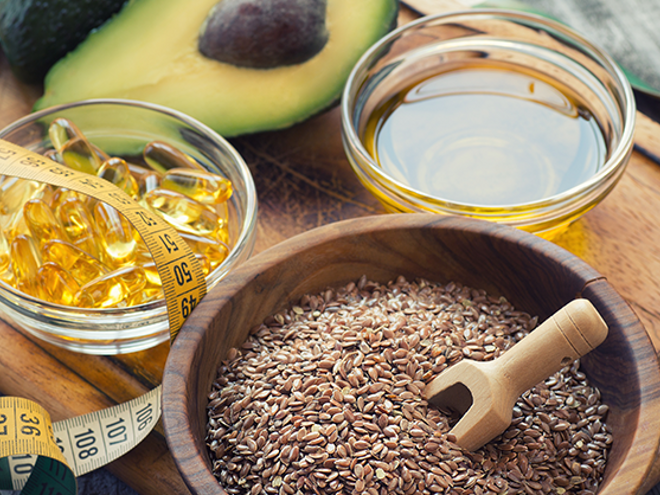
Week 35
In about a month, you’ll be holding that little bundle of joy in your arms. Until then, there’s still lots of polishing and refinement going on inside you. Read more about this week.
BABY DEVELOPMENT
The lungs of your baby are ready, and not only for that first post-birth cry! The substance that lines the inner surface of the ends of her bronchial alveoli is present in sufficient quantities to ensure their flexibility and prevent them from collapsing. Exchanges between you and the placenta continue. That’s what maintains the volume of amniotic fluid, contained in what is called the amniotic sac. When your little one’s appearance is imminent, it will break – your “water will break” – your sign to get to the maternity ward!
YOUR BODY
From one day to the next, you’re breathing more freely and the indigestion is not so bad. What’s going on? It’s simple: your baby is doing what it needs to do. Clever girl, she has moved head downwards into your pelvis. Perhaps you noticed a slight pain in your abdomen beforehand. That would have been contractions pressing your uterus downwards, giving your lungs and stomach a bit more space. In the last few weeks of your pregnancy you will definitely have the feeling that your body is beginning to prepare for your little love’s birth.
NUTRITION
There’s a reason that Omega-3s are called "essential fatty acids” because they are pretty essential. Our bodies cannot synthesise them. They participate in the structure of cell membranes and, in particular, the brain. Involved in regulating the information flow between cells, especially neurons, they are imperative for normal immune function. Any Omega-3 you eat passes into the body of your baby by foetoplacental circulation. You will find these magical fatty acids in flaxseed and canola oils, walnuts and walnut oil, wheat germ, and fatty fishes such as salmon, sardines, halibut, and mackerel. Think about it when you season your salad and try to eat a few servings of fatty fish each week (but choose small fish like sardines, mackerel and herring to avoid the risk of mercury contamination).
TIPS
As their pregnancy winds down, some women wonder if they’ll even be able to breastfeed. Know that nursing a baby is the most natural thing in the world. Your little darling already knows exactly what to do, having already practiced sucking while in the womb. And if you ever have difficulty getting it off the ground, there’s loads of help around. Plus, mother’s milk is the best thing you can give your child, a real miracle of nature. From around week two, babies start to put on about 30 g a day even though they are “only” drinking. What‘s more, your milk automatically adjusts to your baby’s needs. At the start of the meal, the milk is thin and watery so as to quench baby’s thirst. Then it gets thicker and richer to satisfy your baby’s appetite. If your child develops a bigger appetite, your body will adjust within two days and produce more milk. Amazing! If, however, you cannot breastfeed your baby for medical reasons, there’s no need to worry. Modern baby formula is very close to nature’s model of mother’s milk. It can supply your baby with the correct nutrients!




















